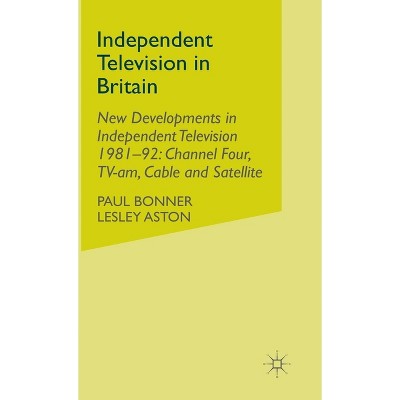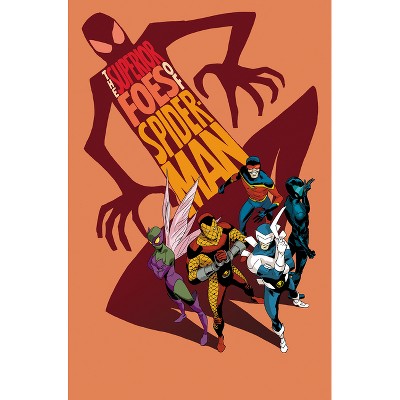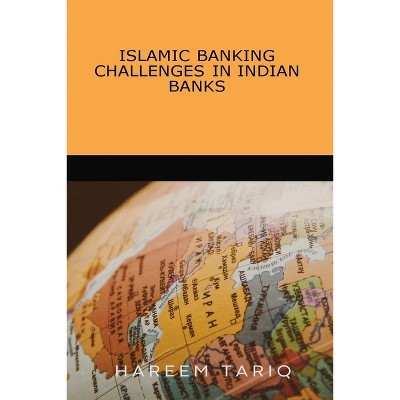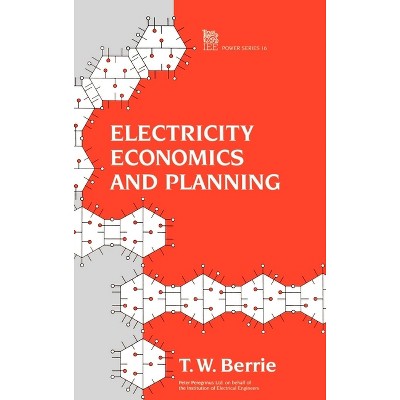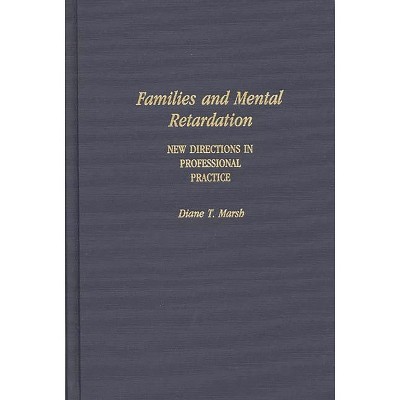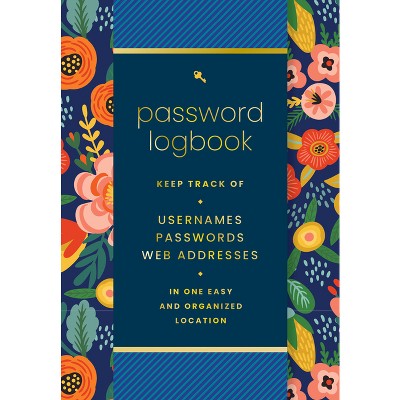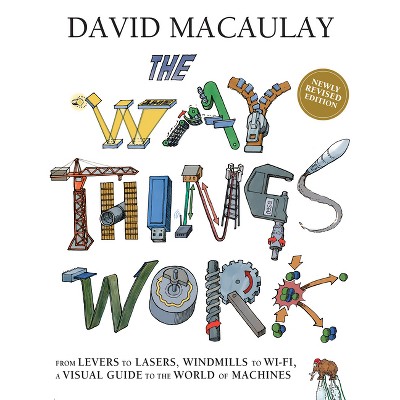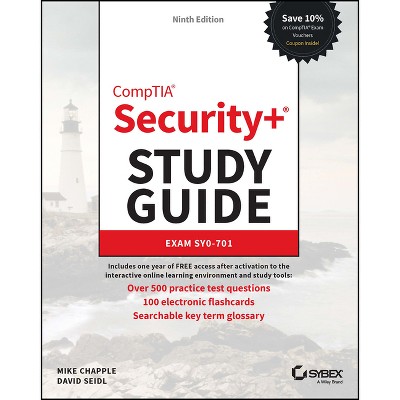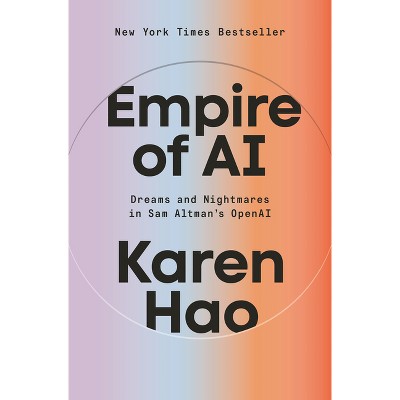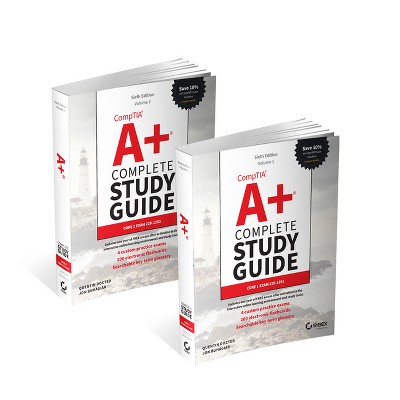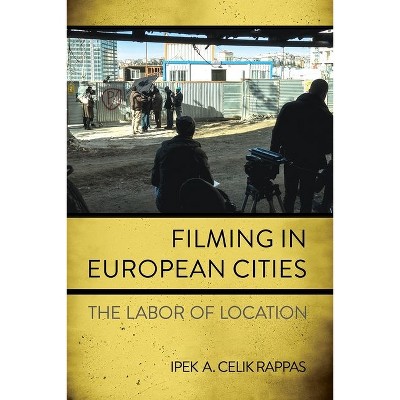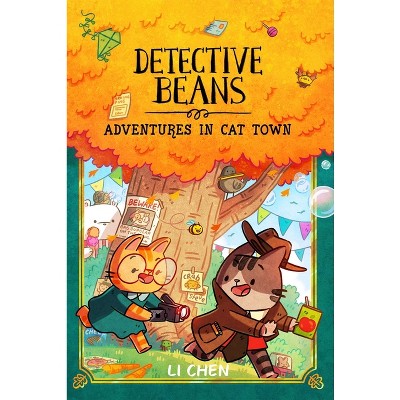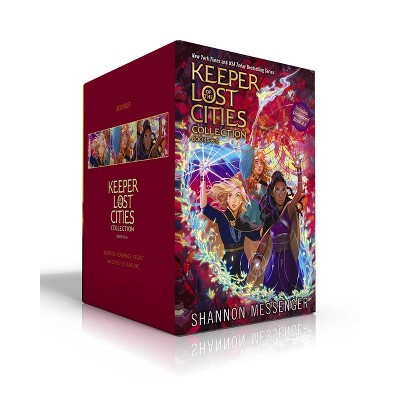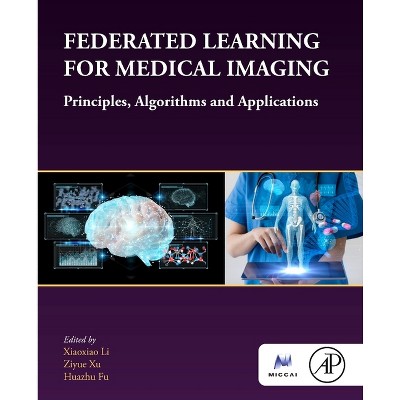Sponsored

Digital Twins for Smart Cities - by Li Wan & Timea Nochta & Junqing Tang & Jennifer Schooling (Hardcover)
In Stock
Sponsored
About this item
Highlights
- Digital twin technology has made great strides in the engineering and manufacturing sector over the past decade, however, there remains confusion around what a digital twin is and how they can be utilised successfully at a city scale.
- Author(s): Li Wan & Timea Nochta & Junqing Tang & Jennifer Schooling
- 160 Pages
- Computers + Internet, Information Technology
Description
About the Book
Digital Twins in the Built Environment offers a comprehensive, systematic and clear view of digital twin development in the engineering, architecture, construction and facilities management sectors.
Book Synopsis
Digital twin technology has made great strides in the engineering and manufacturing sector over the past decade, however, there remains confusion around what a digital twin is and how they can be utilised successfully at a city scale. Digital Twins for Smart Cities provides conceptual clarity and practical guidance for supporting city-scale digital twin (CDT) development, outlining challenges, showcasing real-life CDT practices globally, and offering socio-technical frameworks to compare CDT projects. Providing theoretical and practical guidance on digital twin development, this book covers
- the purpose, trust and function of CDTs
- case studies on city, district and subterranean assets of cities
- comparisons of CDT cases
- recommendations for putting CDTs into practice.
Digital Twins for Smart Cities is a much-needed reference for urban designers and planners, built environment professionals, and digital-twin-related technology providers.
Review Quotes
A must read for smart city professionals and leaders.
--Mark A Girolami, The Alan Turing Institute, UKEssential reading for those interested in CDT research as well as city planners and managers who apply data and digital models to make decisions about the urban environment.
--TD O'Rourke, Cornell University, USAThe book brings welcome clarity to hugely important subjects and I wholeheartedly commend it.
--Mark Enzer, Mott MacDonald, UKShipping details
Return details
Discover more options

